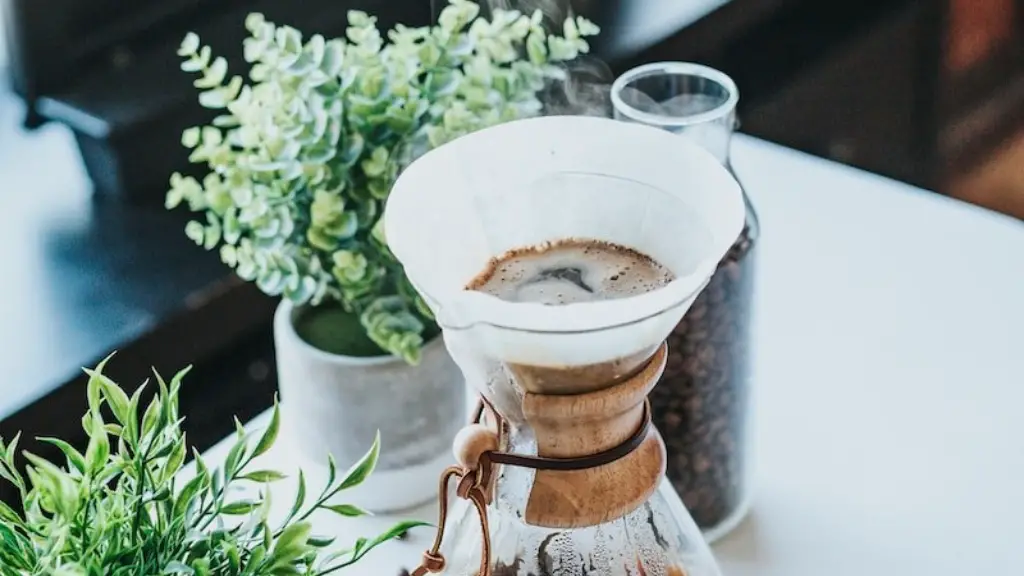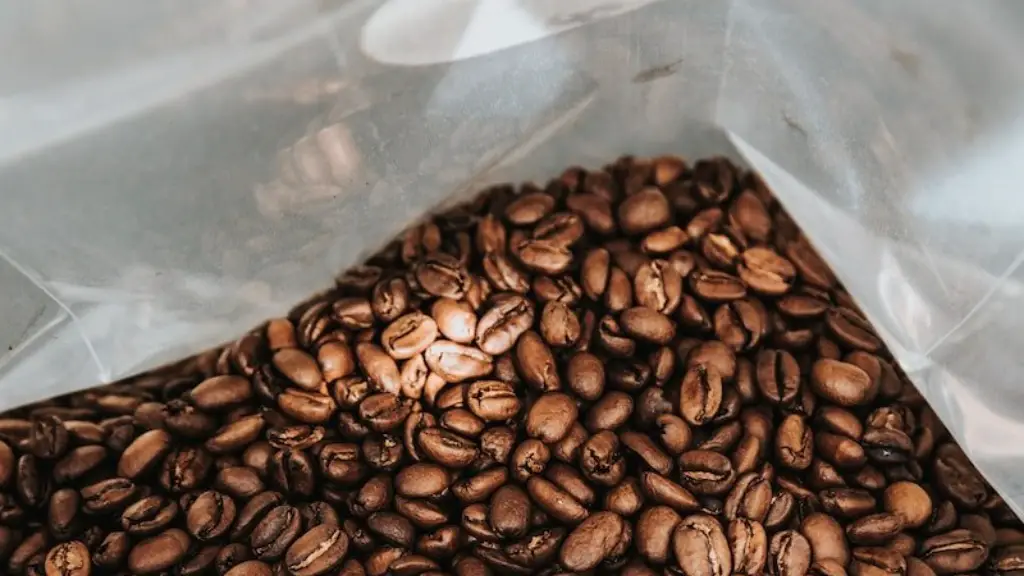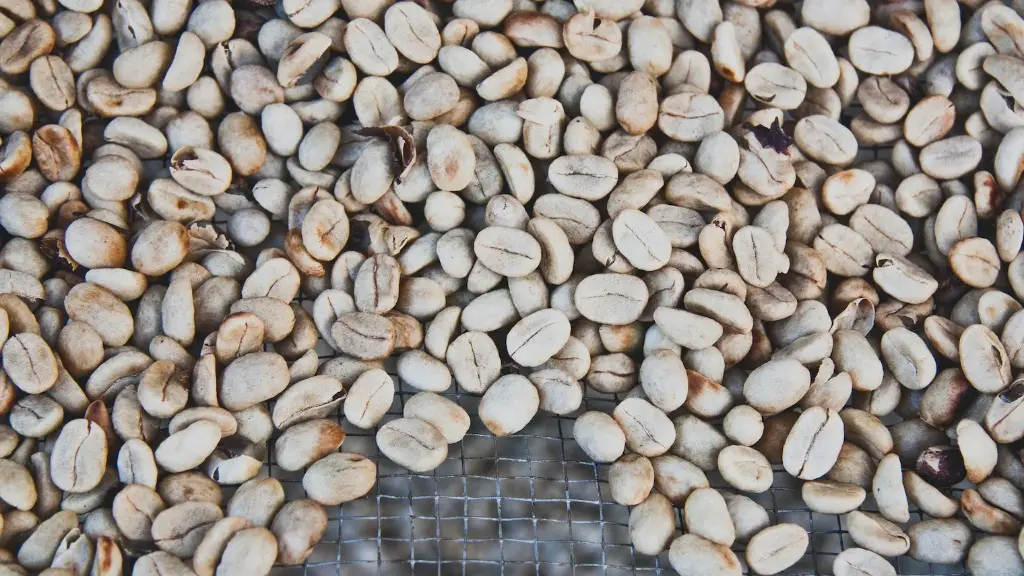The common cold is a viral illness that can affect your sinuses and nasal passages, triggering a sinus infection. The cold can cause inflammation of your nasal passages and block mucus from draining. Sinus infections can cause a range of symptoms, including facial pain and pressure, a stuffy nose, headaches, and postnasal drip. The most common question people have is can you drink coffee when you have a sinus infection?
Caffeine is known to have many potential health benefits, including aiding memory and focus, as well as helping to reduce the risk for diabetes, dementia, and Parkinson’s disease. However, drinking too much coffee can cause the body to become dehydrated, which can worsen sinus infection symptoms and make it worse.
Coffee can irritate your body’s mucous membranes, which can make your nose and sinus cavities vulnerable to inflammation. Caffeine is also a diuretic, which can cause dehydration and can increase the production of mucus, further exacerbating sinus infection symptoms. On the other hand, caffeine does stimulate the body, making it easier to stay alert and focused, which can be helpful for feeling better.
The American College of Allergy, Asthma & Immunology (ACAAI) notes that caffeine and other stimulants can worsen sinusitis symptoms, such as congestion and pressure. But they also note that staying hydrated and maintaining adequate rest is the best way to manage common cold and sinus infection symptoms, not increasing your caffeine intake.
In terms of hydration, the best beverage choice is water. Water helps to thin the mucus, making it easier to clear. This can improve drainage, reducing the congestion and pressure associated with sinus infections. The ACAAI also recommend avoiding alcohol, which can dehydrate the body and can cause inflammation.
When it comes to coffee and sinus infections, moderation is key. If you enjoy coffee and want to continue to drink it while getting over a sinus infection it is best to have only a moderate amount – no more than one cup a day. Furthermore, make sure to drink plenty of water – at least eight glasses a day – to stay hydrated and help clear your sinuses.
It is important to get proper rest and to keep your body hydrated, both of which help your body fight off the infection. Drinking too much coffee can cause dehydration, which may worsen your condition, while limiting your caffeine intake can help reduce sinus infection symptoms.
Natural remedies
Along with limiting your intake of coffee, you can also look into some natural remedies to help treat your sinus infection. One of the best ways to reduce symptoms is by drinking herbal teas like nettle leaf, chamomile, or peppermint tea. These teas are rich in antioxidants and may help to reduce inflammation in your sinuses.
You can also try over-the-counter products such as saline nasal sprays that help to thin the mucus. Saline sprays can help break up the congested mucus and relieve the pressure and irritation in your sinuses. Additionally, a humidifier can also help to thin out the mucus and reduce congestion.
Steam inhalation can also be helpful. The steam helps to thin out the mucus by loosening the congestion and this in turn helps to reduce inflammation and irritation. While steam therapy won’t cure a sinus infection, it can provide temporary relief from pain and pressure.
Finally, eating certain foods might help to reduce inflammation and reduce sinus infection symptoms. Foods that are high in antioxidants, such as dark leafy greens and berries, can help to reduce swelling and reduce congestion. Additionally, foods that are rich in vitamin C also help to reduce inflammation.
Medication
If the symptoms of your sinus infection don’t improve with natural remedies, you may need to consider taking medications. Your doctor may prescribe antibiotics, decongestants, or steroid medications that can help to reduce inflammation and congestion. In some cases, your doctor may even recommend undergoing a surgery to remove blockages in your sinuses.
It’s important to take medications as prescribed by your doctor, as not taking them could make your symptoms worse and you might end up needing more medications or treatments for your sinus infection. Additionally, it’s essential to stay hydrated to prevent dehydration and to promote healthy mucus flow.
Environmental allergens
Sinus infections can also be caused or exacerbated by environmental allergens, such as dust, pollen, or pet dander. Reducing exposure to these allergens can help to reduce your symptoms and prevent further irritation. Additionally, reducing exposure to smoking, which can worsen inflammation, and avoiding exposure to secondhand smoke can help to reduce inflammation.
Keeping your home clean with vacuum cleaners, HEPA filters, and regular dusting can also help to reduce allergies and provide relief from sinus infections. As the saying goes, an ounce of prevention is worth a pound of cure; you can avoid many of the uncomfortable and painful symptoms of a sinus infection by avoiding irritants and allergens, and by keeping your home clean.
Surgery
In some cases, a sinus infection can be so severe that it requires surgery, such as when a tumor or other blockages are present in your sinuses. The type of surgery that is best for you will depend on your condition and on the severity of the infection. The most common type of surgery is endoscopic sinus surgery, which involves inserting a thin tube, called an endoscope, into your nose to remove the blockages in your sinuses.
This type of surgery is often used to correct problems like nasal polyps, a deviated septum, or blocked sinus cavities. It’s important to discuss the risks and benefits of the surgery with your doctor before proceeding, and to make sure that you understand all of the potential side effects and complications.
Alternative therapies
In addition to conventional treatment, there are also alternative therapies and natural remedies that may help to reduce inflammation, alleviate pain, and improve drainage of the sinuses. Acupuncture, for example, can help to improve circulation and reduce inflammation, as well as reduce pain associated with a sinus infection. Herbal teas, such as chamomile and peppermint, can also help to reduce inflammation and provide relief from sinus infection symptoms.
Additionally, yoga and stretching can help to reduce muscle tension and improve circulation. Finally, aromatherapy, such as diffusing essential oils in your home, can help to reduce inflammation and congestion, as well as provide a comforting, peaceful atmosphere.
When you’re suffering from a sinus infection, it’s important to consider all of your options. There are both conventional treatments, such as medication and surgery, and alternative therapies, such as acupuncture and aromatherapy. It’s important to consult with your doctor to determine the best course of action for your particular situation, and to remember to drink plenty of water and get plenty of rest.





